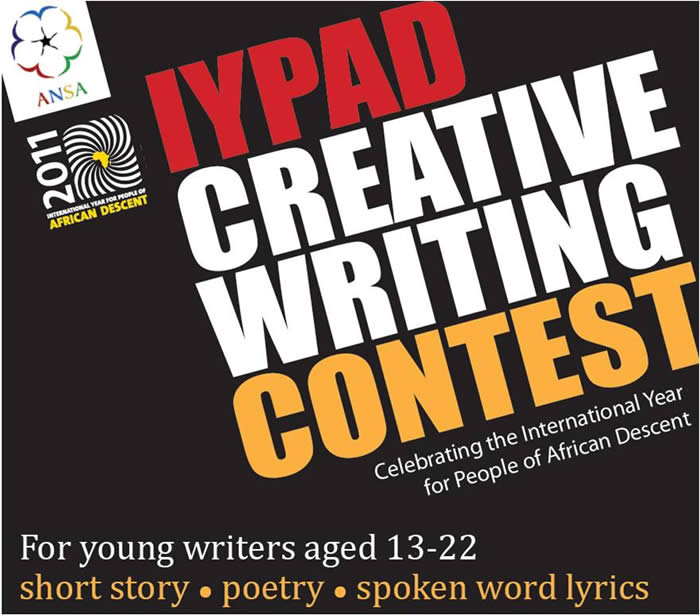Next Journalism:
writing contests
UN/ COSTI Refugees and Human Rights Youth Poetry Contest (Canada)
IYPAD Creative Writing Contest: Celebrating the International Year for People of African Descent (Canada)

"Mohammed — The Messenger of Peace" Essay Contest
Deadline Extended: Antonio Jacinto Literary Prize 2011 (Angola)
Open to African Journalists: €5,000 Lorenzo Natali Journalism Prize

Pan African New Media Essay Competition (Africa-wide)
The 2011 King Faisal $200,000 International Prize for Arabic Language and Literature
4th KLIFF 2011 Essay Competition on Islamic Finance (worldwide)
NUHA Foundation Essay Competition: The Role of Education in Developing Countries

Global Shining Light Award for Investigative Journalism in a Developing Country
Call for Candidates: Bayeux-Calvados Awards for War Correspondents

